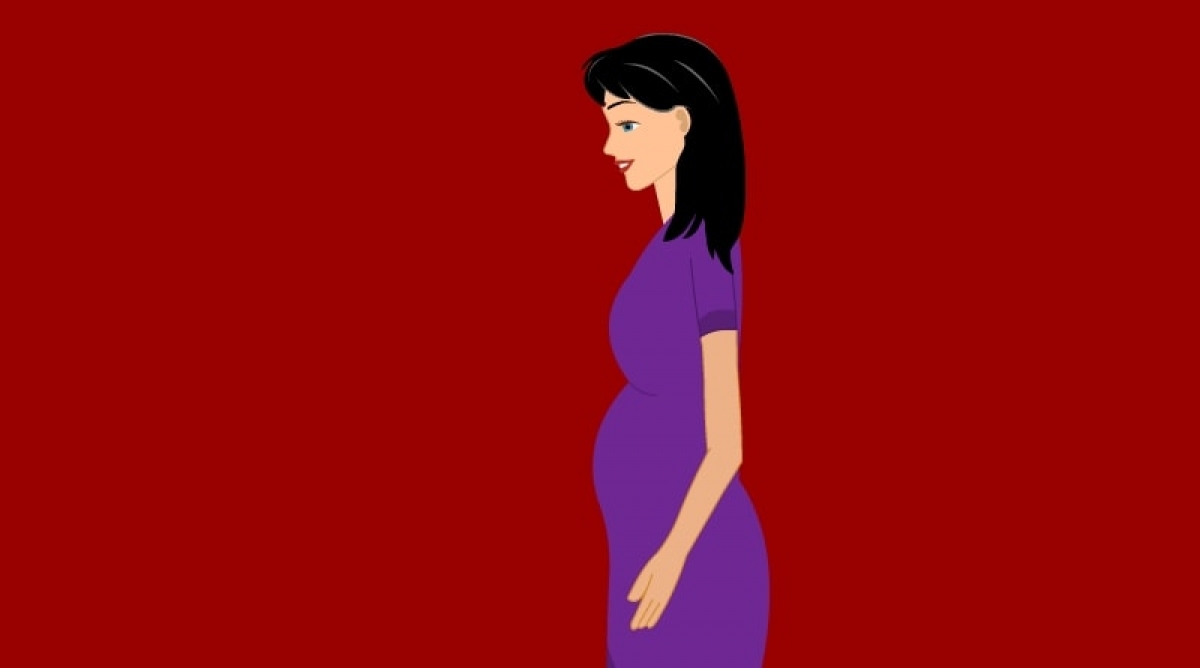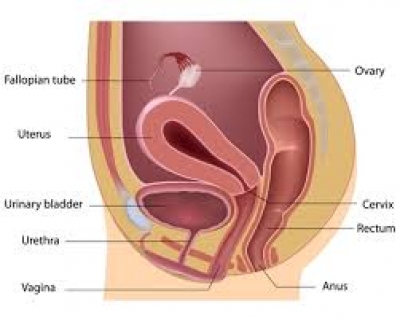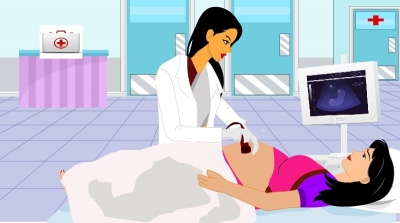during the first trimester is chromosomal abnormality - meaning something wrong with the baby's chromosome because something was not right with either the egg or the sperm, or the fertilized zygote itself. These miscarriages happen naturally. Other causes can be due to maternal infections, trauma, ectopic pregnancy or any other condition.
Risk factors for miscarriage are
- Women aged above 35 ( Increasing maternal age increases the chances of miscarriage)
- Previous miscarriage
- Exposure to tobacco smoke
- obesity
- diabetes
- thyroid problems
- alcohol use.
Symptoms
-Vaginal bleeding with or without pain.
-Sometimes the woman may pass blood clots also.
-Severe back pain
Some women bleed but do not miscarry. Thus any bleeding during the first trimester is not a cause for alarm, but one should definitely check with their doctor and confirm if everything is fine.
Different types of miscarriage
Threatened miscarriage - This could be at the time of the implantation of the embryo. Some bleeding occurs but the cervical os is closed and the bleeding subsides
Incomplete abortion - Severe bleeding with pain and the cervical os is open. Miscarriage is bound to happen
Complete abortion - Severe bleeding with pain and passing of clots through the vagina and the products of conception have already come out
Missed miscarriage - Women has undergone miscarriage without experiencing any symptoms. The symptoms can be a loss of fetal heartbeat and loss of pregnancy symptoms.
Blighted ovum - When the fertilized egg gets implanted in the uterine wall, and a pregnancy test is positive, and but pregnancy cannot survive as the fetal development does not occur and the gestational sac is present but the embryo is not seen inside the sac.
Diagnosis
- The doctor will do a vaginal examination to check for the Cervix. If the cervix is open then it could be a sign that miscarriage has happened.
- Blood levels of human chorionic gonadotropin (hCG) is also checked
- An ultrasound is done to check for the presence of signs of intra-uterine pregnancy.
Women in the first trimester when they miscarry usually do not need any treatment. Most early miscarriages will complete on their own, but in some cases, medication treatment or aspiration of the products of conception can be used to remove remaining tissue. Another procedure used to remove the products of conception is a dilation and curettage, known as a D&C.
Apart from physical, the women who miscarry go through emotional trauma. They tend to blame themselves and grieve for some time. Spousal and family support is needed during this process. The menstrual process can become regular after two to three cycles and the women can plan her pregnancy after the cycles are regular.
Miscarriages can affect anyone. there nothing much you can do about it as most of them are due to chromosomal abnormalities. But trying to adopt a healthy lifestyle while planning pregnancy can to some extent provide a better environment for the conception to occur.
[quix id='8' name='About our Pregnancy Blogs and Videos']






